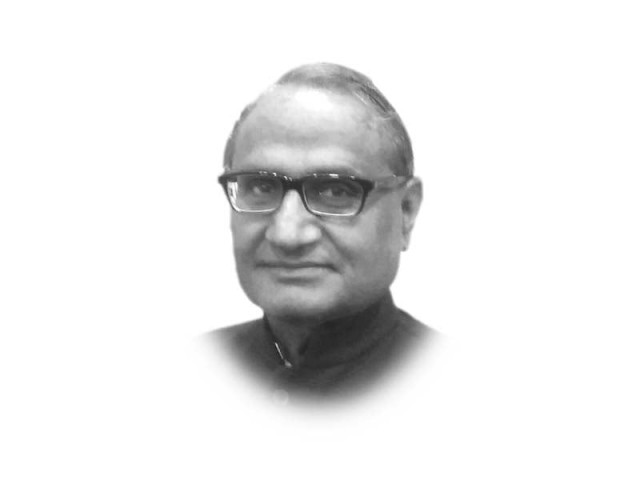The state’s withdrawal from public welfare
The withdrawal of the Pakistani state from public welfare has also encouraged non-state welfare, linked with terrorism

The writer is a senior political economist based in Islamabad
The oil price shocks of the 1970s weakened national control over macroeconomic policy. Samuel Huntington argued that too much public spending on welfare undermined state’s authority to govern. James O’Connor’s Fiscal Crisis of the State raised the spectre of public welfare expenditure reducing private capital accumulation to create a crisis of legitimacy. The fall of the Berlin Wall in 1989 and the collapse of the Soviet Union in the early 1990s eliminated the threat that created the welfare state in the first place. In the so-called Washington consensus, market fundamentalism was declared victorious. Workers were blamed for their unemployment and welfare expenditure for creating loafers.
Born as a garrison state in the postwar period, Pakistan did not have any serious welfare policies until late 1960s and the 1970s that witnessed labour legislation and an expansion of public sector and social services. By mid-1980s, the mantra of deregulation, liberalisation and privatisation became the centrepiece of state ideology. Despite the Constitutional provisions, various plan documents and several reports, a coherent welfare strategy was never put in place at the federal or provincial levels of the government. The 18th amendment has effectively devolved all public welfare services to the provinces who are still struggling with the transition. Local level, usually the level at which public services are delivered, does not figure anywhere. Trade union membership has declined drastically. Most work is informal or subcontracted and the majority of the workers fall in the category of vulnerable employment. Minimum wage below a decent living threshold is announced, but not necessarily enforced. Minimal factory inspections make work environment unsafe and unhealthy.
In the 1970s, the size of the state expenditure was an average of 24 per cent of GDP, out which the development expenditure was 10 per cent. In the past five years, the total has come down to 20 per cent and development to four per cent. In 2014-15, out of the non-debt, non-defence expenditure of 12.4 per cent of GDP, only 5.1 per cent of GDP was spent on health, education, pensions, subsides and social security. Expenditure on food security has been declining since 2011-12. Outside of the budget, Zakat, Workers Welfare Fund and Employees Old Age Benefit Institution add not more than Rs20 billion.
It seems the solidarity between the working class and the middle class, the original basis of the welfare state, has been broken. The declining subsidy budget is increasingly targeted towards the poor, leaving the middle classes out. The middle classes are compensated through lower direct taxation and by creating an illusion of merit-based society. In some way, the decline of the PPP and the rise of the PTI has to be understood in this context. These are not hopeful signs for a collective struggle against inequality promoted by the market. More ominously, the withdrawal of the state from public welfare has also encouraged non-state welfare, linked with terrorism.
Published in The Express Tribune, April 8th, 2016.
Like Opinion & Editorial on Facebook, follow @ETOpEd on Twitter to receive all updates on all our daily pieces.















COMMENTS
Comments are moderated and generally will be posted if they are on-topic and not abusive.
For more information, please see our Comments FAQ